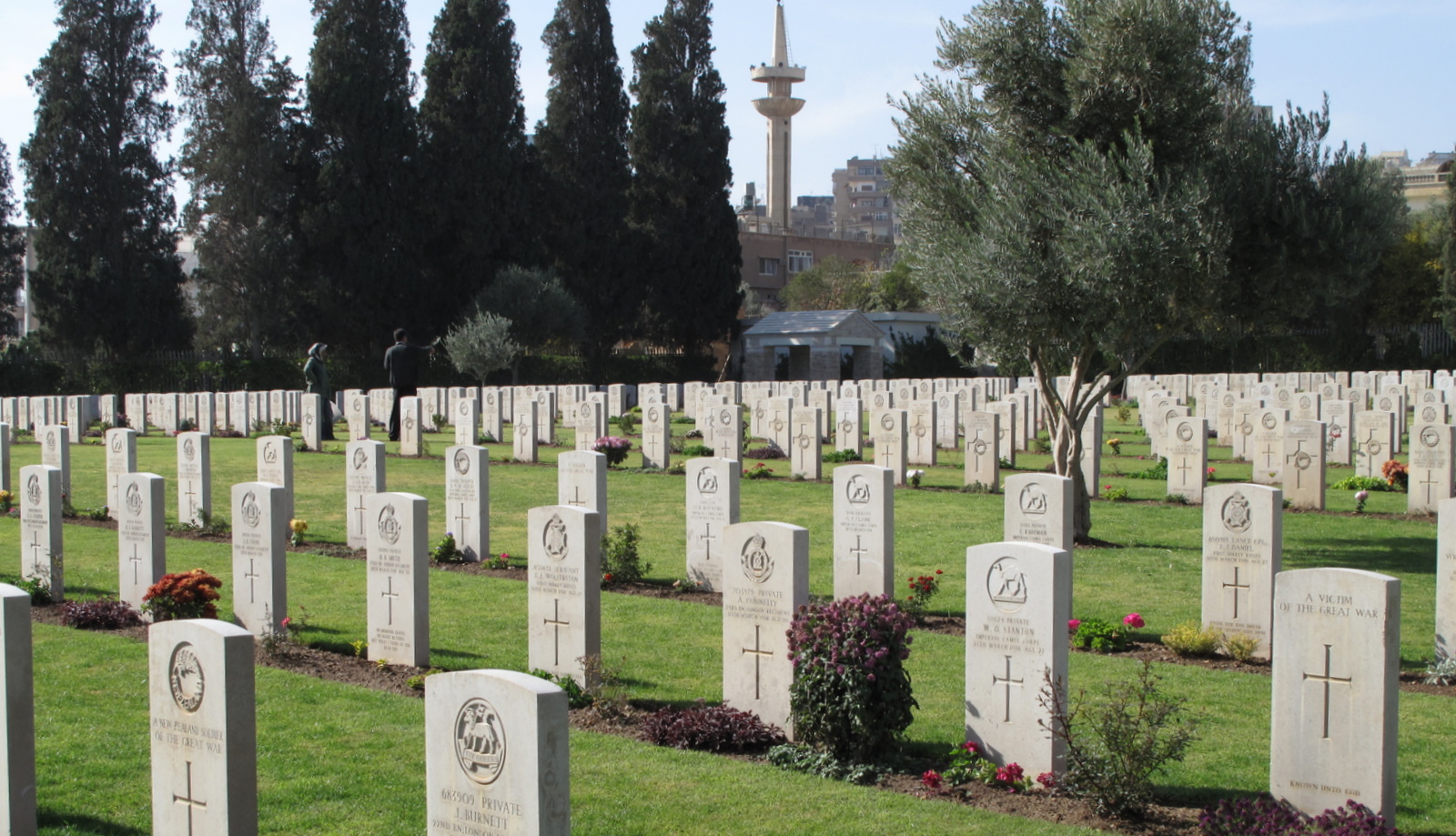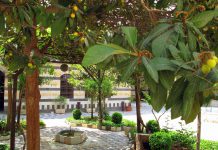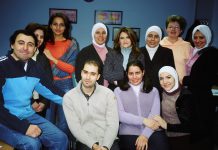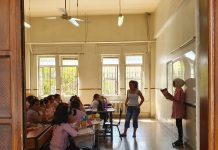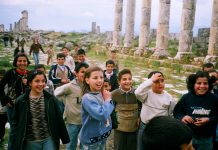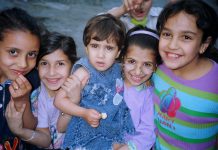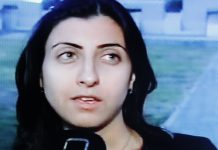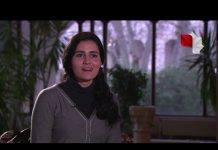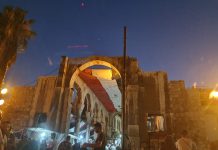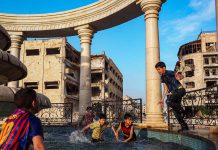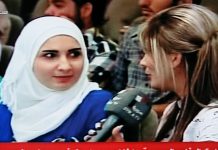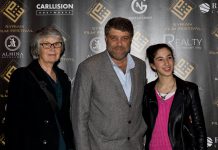‘Beloved Syria – Considering Syrian Perspectives’, First Edition, Spring 2016, page 25
The Challenge – Responding to this 21st Century War
This magazine aims to present the perspectives of Syrians who have experience of war in their country and who wish Syria to remain united and secular.
Few deny that there is a proxy war being fought in Syria. Pope Francis has contended that the world is at war, pointing out that it is ‘not a war of religion, but
… a war of interests. There is a war for money. There is a war for natural resources. There is a war for the domination of peoples.
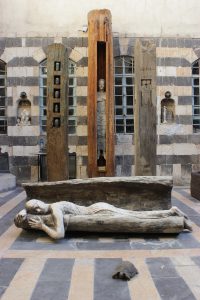
21st century alliances, technology and media will determine much of the war’s scope, stratagem and propaganda. But there are truths on war that never date. In the 18th century, Carl von Clausewitz, a Prussian general and military theorist wrote, ‘War is merely the continuation of policy by other means’, while in the following century, Friedrich Nietzsche claimed that ‘the best weapon against an enemy is another enemy’. Both assertions may well apply to the current war in Syria.
Responding to war will always be a challenge as the fog of war never entirely lifts and the war games never abate, just as the horrors and insanity that war brings in its path have the potential to unhinge all who are impacted by it. It is the highest risk game countries can play.
Dr Bouthaina Shaaban met me in September 2019 when I visited Damascus on a journalist’s visa to represent ‘Beloved Syria’.
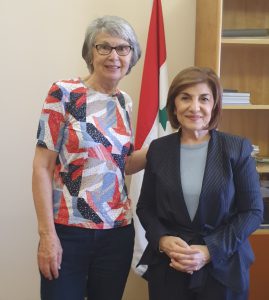
Pope Francis’s assertion in July 2016 that the world was at war led me to ask Dr Shaaban if she agreed. Is the world at war? Presumably, Dr Bouthaina had given this question much deeper thought than most people in Australia.
In Short
Dr Shaaban agrees with Pope Francis: there is a war for domination and a war for resources.
She contends that the aim of the wars against Middle Eastern countries is to weaken them and make them ‘satellites’ of the West.
However, she believes the cycle of history cannot be reversed.
“…Western civilisation is declining and I think they cannot hold the world in military way or by using terrorists to try and achieve their objective.
They underestimate the capacity of our people and the intelligence of our people.
They think we are backward people; they can come and dominate, teach us how to live.
We are very proud people, a very old people. So I think the future is for the East because our people are tired of Western hegemony. And we are tired also of the concept that only liberal democracy is a democracy and that you can only be a copy of what the West does if you want to be civilised, or if you want to be democratic; or if you want to be free.
I don’t think they know how attached we are to this land.
..This concept of Western countries, which I believe is a racist concept, is a concept that we are an example in the West, and everybody else is lesser than us is ridiculous. That’s why I am happy that China is rising, that Russia, that India are rising. …we need governments that believe in global humanity not in global hegemony.
We are humans. If I sit with you for a day or two, we might find 80% of common ground although you live in Australia and I live in Syria. But we are humans. We exchange human experiences.
When I went to Australia, I loved the Australian people. And I felt that i could live there. They are such nice people. But the problem is that Western capitalism and Western hegemony have badly, badly affected our people and our countries.
The war on Syria was a very important juncture that has revealed to the people of our region the reality of what the West claims, whether they care about human rights or about women, or …
This war on Syria has been revealing, an eyeopener to many of our people. And I think Western people should know that. They should know that it is no longer possible to speak the narrative they used to speak. Nobody would listen. Nobody would hear them.”
September 2015
ABC: Bashar al-Assad’s adviser, Dr Bouthaina Shaaban, has slammed the West’s intervention in Syria, saying that it is targeting the Syrian people, their identity and institutions, whilst calling evidence against Assad ‘fabricated’.
A year after the above ABC Lateline interview, Australian warplanes took part in airstrikes that killed over 60 Syrian soldiers who had been fighting 1SIS.
